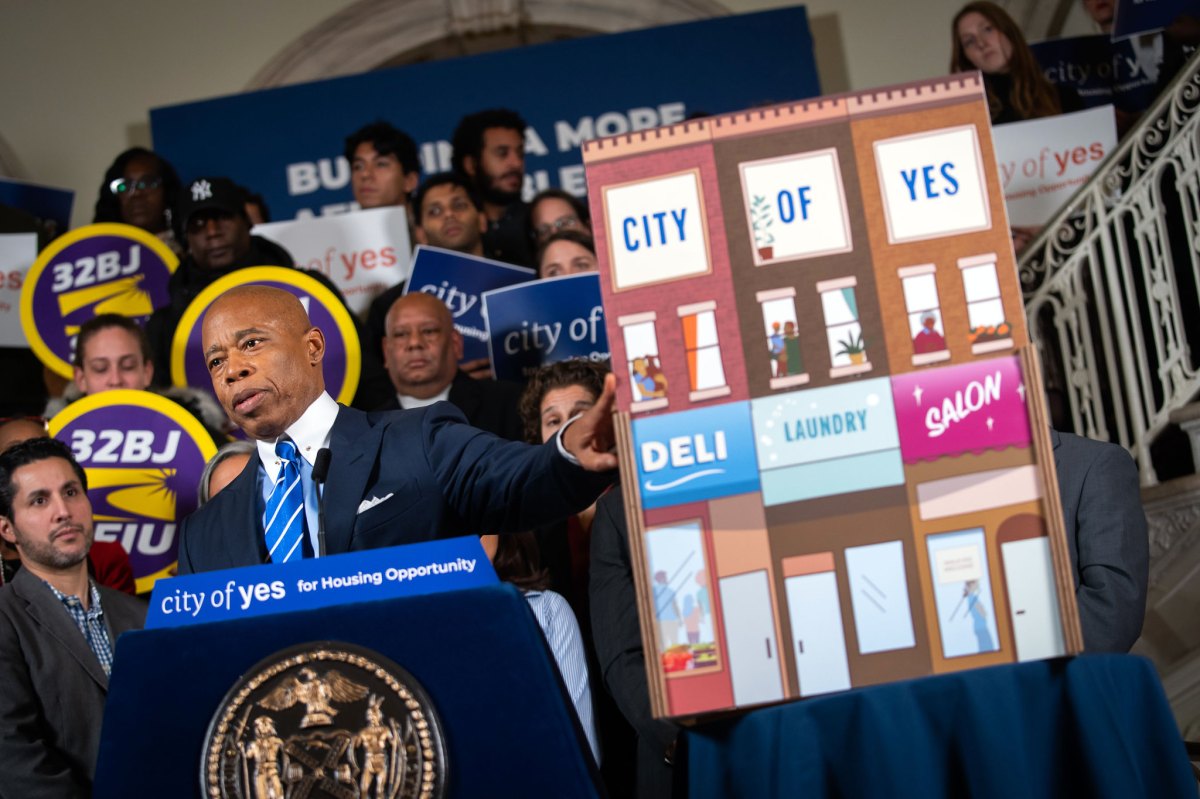I’m on the board of my co-op, and we’re interviewing current shareholders who want to buy the apartment next door for a combination. What should we ask them at the interview? Since they already know the building (and our rules), is there something different we could discuss than when they first moved in?
For the most part, treat this as a typical co-op sale, but focus your scrutiny on the shareholders’ current finances and their ability to complete a potentially drawn out and complicated renovation, our experts say.
“Personal and professional recommendations would be a lot less relevant,” says Gordon Roberts, a broker at Sotheby’s International Realty, but you’ll want to make sure your neighbors can foot the bill — not only for the purchase itself, but also for the construction and the carrying costs of the two combined apartments.
“First, do the shareholders have sufficient income to afford the second apartment — does their income and assets cover the additional maintenance costs associated with the new apartment?” says Dean Roberts, a real estate attorney at Norris McLaughlin & Marcus who works with co-op and condo boards. “Second, what is the timeframe and architectural plans for combining the two apartments and do the shareholders clearly understand that the project is subject to review by the co-op and its engineers and architects, which the shareholders will pay for? It is important that the shareholders understand the full nature and legal complexities of combining two apartments including the various government signoffs that are required to complete the project.”
You’ll want to check the shareholders’ up-to-date financials: Verify their assets and employment; get a bank commitment letter if they’re financing; do a lien check, and so on, experts say. It’s also on the board to ensure the shareholders meet all the legal requirements of the project, both to keep the building safe during construction and protect against government fines or other penalties, notes Roberts, the attorney.
Regardless, this could be a good thing for the building. “Assuming this is a co-op with a positive outlook on apartment combinations,” says property manager Thomas Usztoke of Douglas Elliman Property Management, “an existing shareholder’s additional investment into the building should be viewed positively.”
Leigh Kamping-Carder is a senior editor at BrickUnderground.com, the online survival guide to finding a NYC apartment and living happily ever after. To see more expert answers or to ask a real estate question, click here.






































